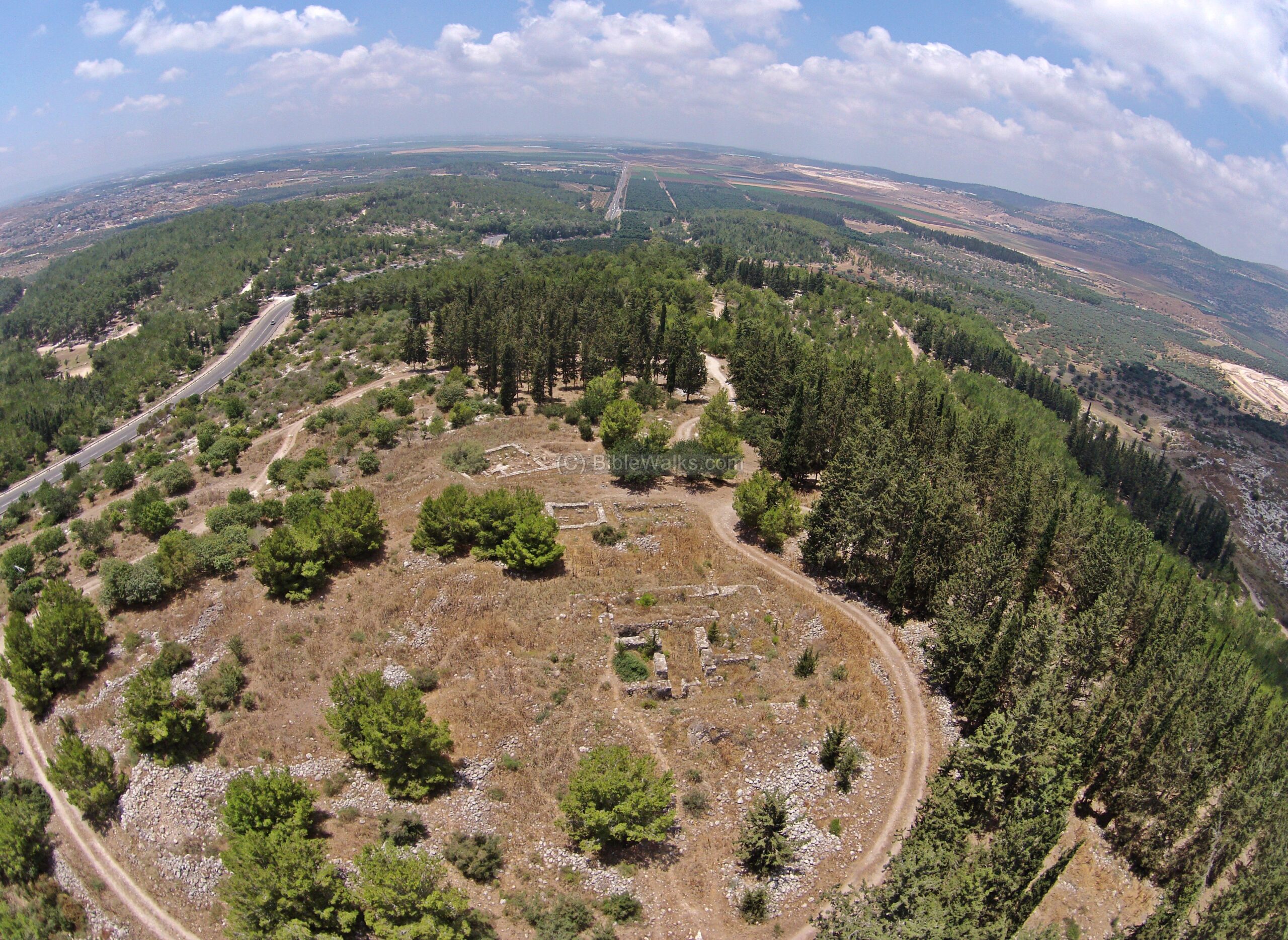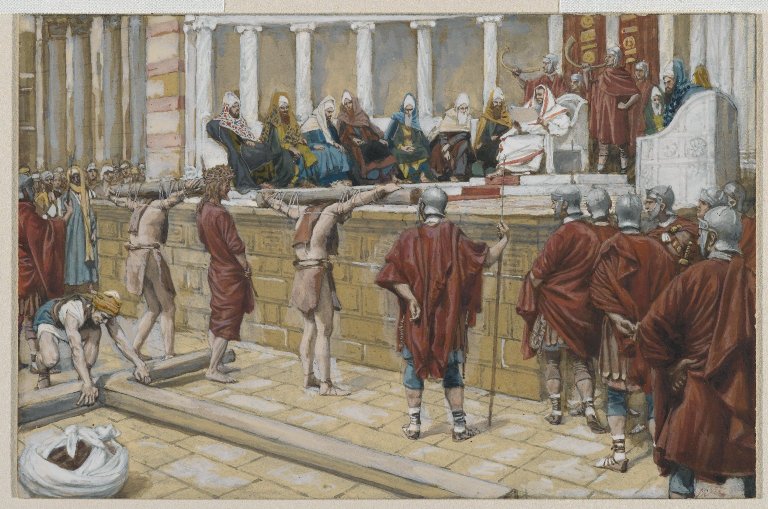In today’s world, money seems like everything. It pays for food, rent, education, health care, and almost every basic necessity. So when Scripture tells us not to love money, it may sound unrealistic—perhaps even irresponsible. But when we look deeper into Hebrews 13:5–6, we find not only wisdom but also powerful comfort rooted in God’s character and His promises.
Hebrews 13:5–6 (NIV)
“Keep your lives free from the love of money and be content with what you have, because God has said, ‘Never will I leave you; never will I forsake you.’ So we say with confidence, ‘The Lord is my helper; I will not be afraid. What can mere mortals do to me?’”
This passage is not a call to ignore the realities of life, but an invitation to trust in God as our ultimate provider and sustainer.
1. The Command: Do Not Love Money
The phrase “keep your lives free from the love of money” (Greek: aphilargyros) doesn’t mean money is evil in itself. Money is a tool, but the love of money is what the Bible warns against:
1 Timothy 6:10 (NIV)
“For the love of money is a root of all kinds of evil. Some people, eager for money, have wandered from the faith and pierced themselves with many griefs.”
When our hearts become attached to wealth, we begin to drift from God’s purposes. The danger is not in wealth itself but in idolizing it, placing it above God, and trusting it for security.
2. The Call to Contentment
Hebrews 13:5 continues, “Be content with what you have.” Why? Because contentment reflects trust—that what God has given us in this moment is enough.
Philippians 4:11–13 (NIV)
“…I have learned to be content whatever the circumstances… I have learned the secret of being content… I can do all this through him who gives me strength.”
Paul’s secret to contentment wasn’t a perfect bank account. It was knowing Christ was enough, in both plenty and in want. This aligns with the truth that God’s presence is of greater value than any possession.
3. The Anchor: God’s Unshakable Promise
The foundation of this teaching is God’s unchanging promise:
“Never will I leave you; never will I forsake you.”
This is a direct quote from Deuteronomy 31:6:
“Be strong and courageous… for the LORD your God goes with you; he will never leave you nor forsake you.”
This promise is repeated and fulfilled in Christ, who tells His disciples:
Matthew 28:20 – “…And surely I am with you always, to the very end of the age.”
God’s presence is our security. Not money. Not possessions. His constant presence ensures that even if material things fail, we are never abandoned.
4. God May Provide Differently, But He Will Provide
Some people assume God’s help means abundance. But that’s not always how He works. He may provide just enough for today—like manna in the wilderness (Exodus 16). Or, He may bless beyond our expectations. But either way, He always provides what we truly need.
Matthew 6:11 – “Give us today our daily bread.”
Romans 8:32 – “He who did not spare his own Son… how will he not also… graciously give us all things?”
So even when things look uncertain, we are called to trust His timing and method, not demand our own.
5. We Are Still Called to Work and Seek His Kingdom
Trusting God doesn’t mean sitting idly. God calls us to action in two main ways:
A. Seek God’s Kingdom First
Matthew 6:33–34
“But seek first his kingdom and his righteousness, and all these things will be given to you as well. Therefore do not worry about tomorrow…”
This means prioritizing God’s will—serving Him, honoring Him, and living in alignment with His Word. When we do, we invite His provision into our lives.
B. Work Diligently
Proverbs 10:4 (NIV)
“Lazy hands make for poverty, but diligent hands bring wealth.”
2 Thessalonians 3:10 – “…The one who is unwilling to work shall not eat.”
God blesses the work of our hands. Even small efforts, when done in faith, can bear fruit. But He doesn’t want work to become an idol either.
6. Worship Over Worry
Sometimes, trusting God means choosing worship over business. Closing your shop on Sunday, going to church instead of chasing profit, or pausing to pray even during busy days—these are acts of trust.
Psalm 127:2 – “In vain you rise early and stay up late, toiling for food to eat— for he grants sleep to those he loves.”
God isn’t just after our survival. He wants our hearts. And when we trust Him enough to prioritize Him, He takes care of the rest.
Conclusion: Let Jesus Be Enough
As a child of God, your peace shouldn’t come from your bank account, but from Christ. Whether you have a lot or a little, be content—because Jesus is with you. He has promised:
“I will never leave you. I will never forsake you.”
“The Lord is my helper; I will not be afraid.”
So, live with confidence. Don’t let the love of money take over your heart. Trust God. Work faithfully. Seek His Kingdom. And rest in the truth that you are never alone.
God bless you.
Please share this message with someone who needs encouragement today









